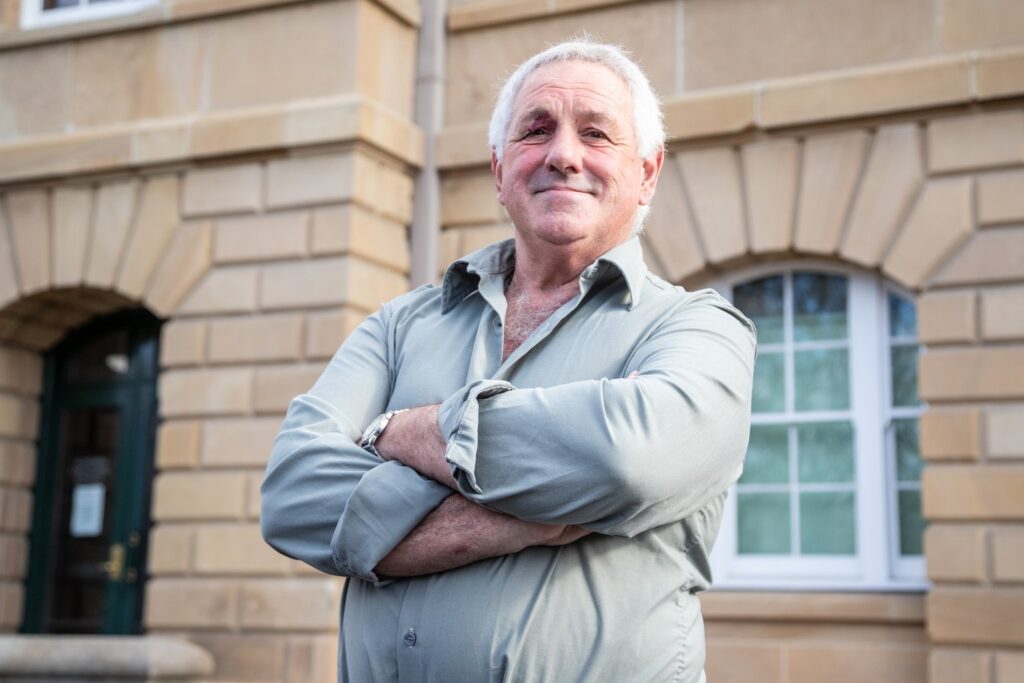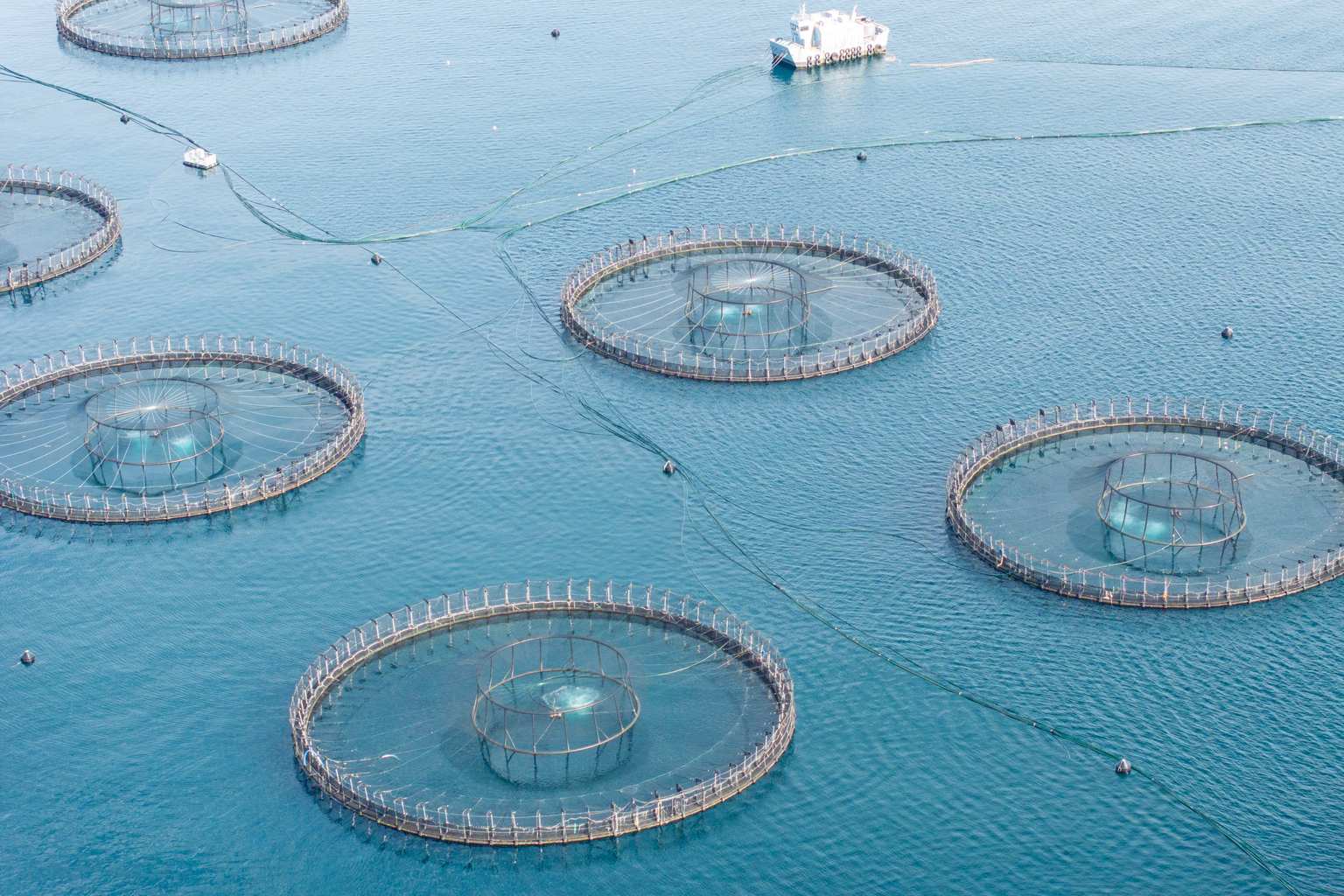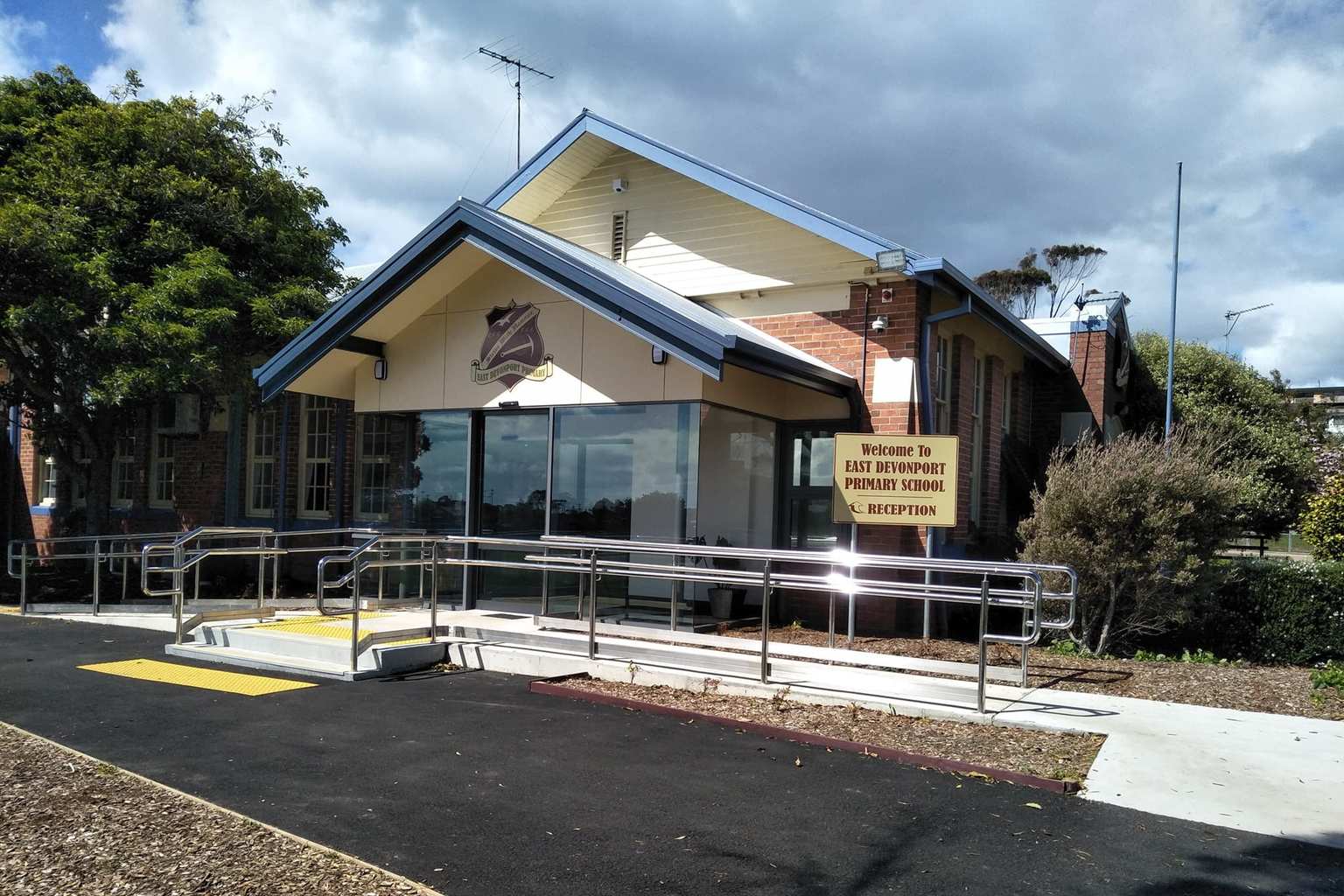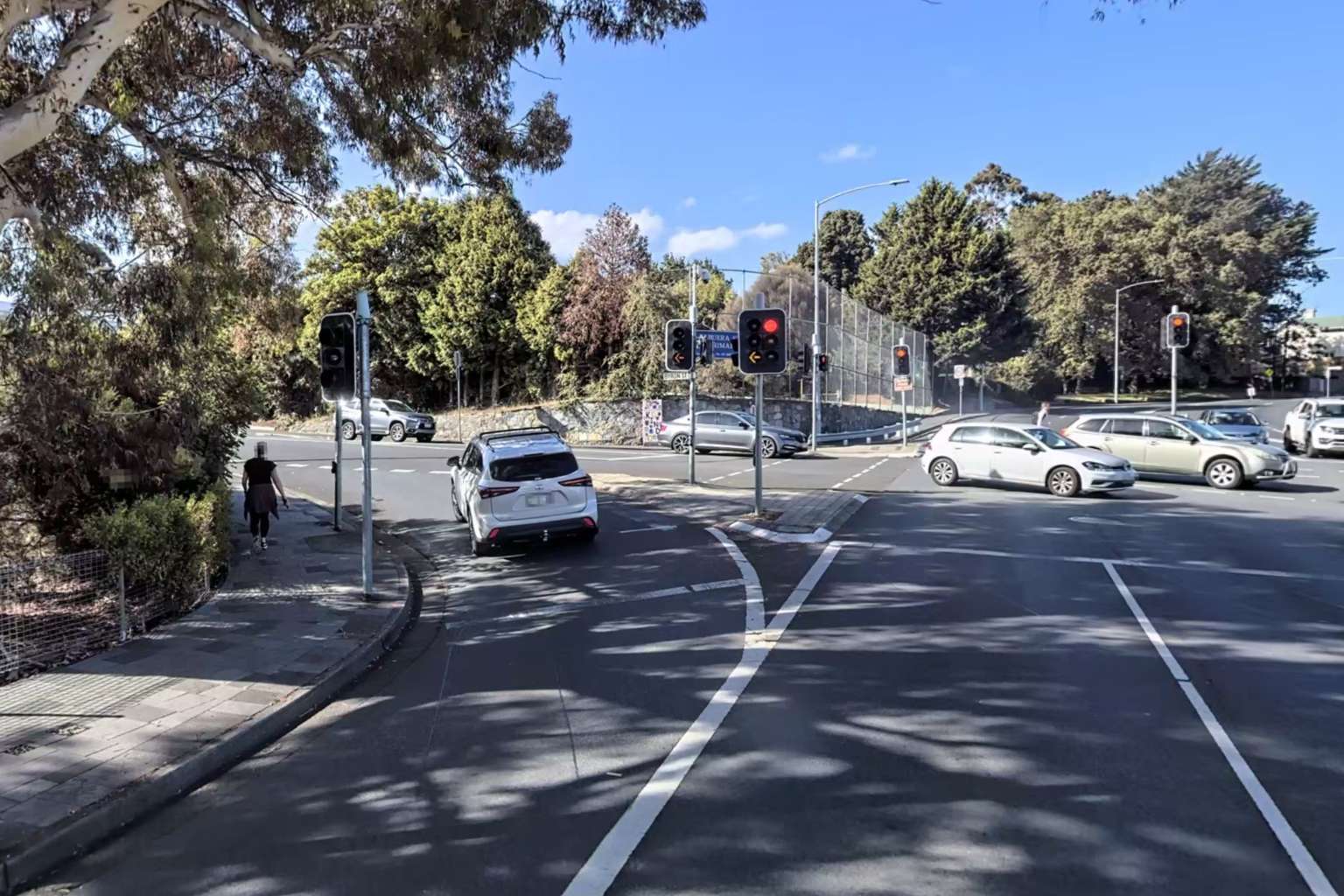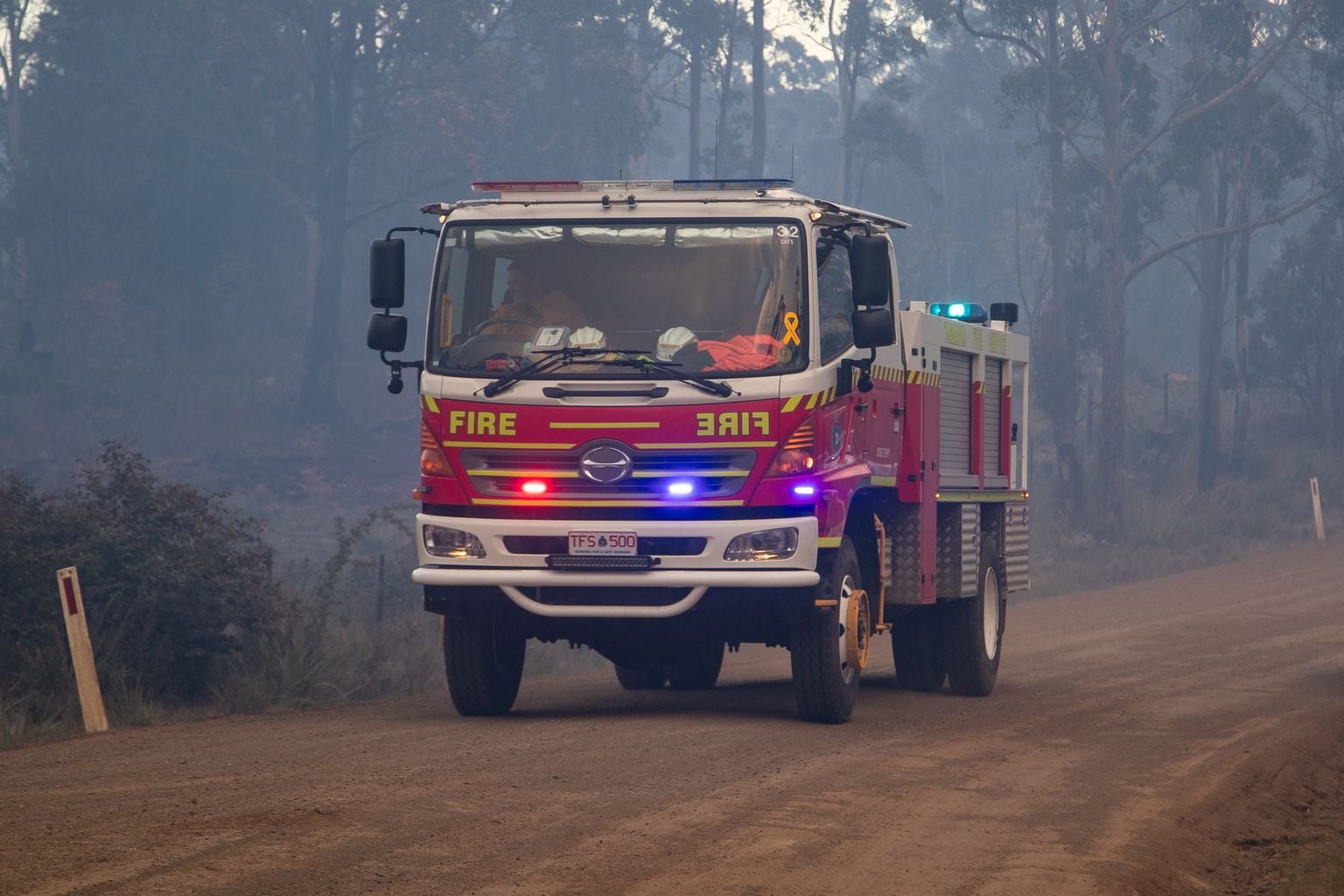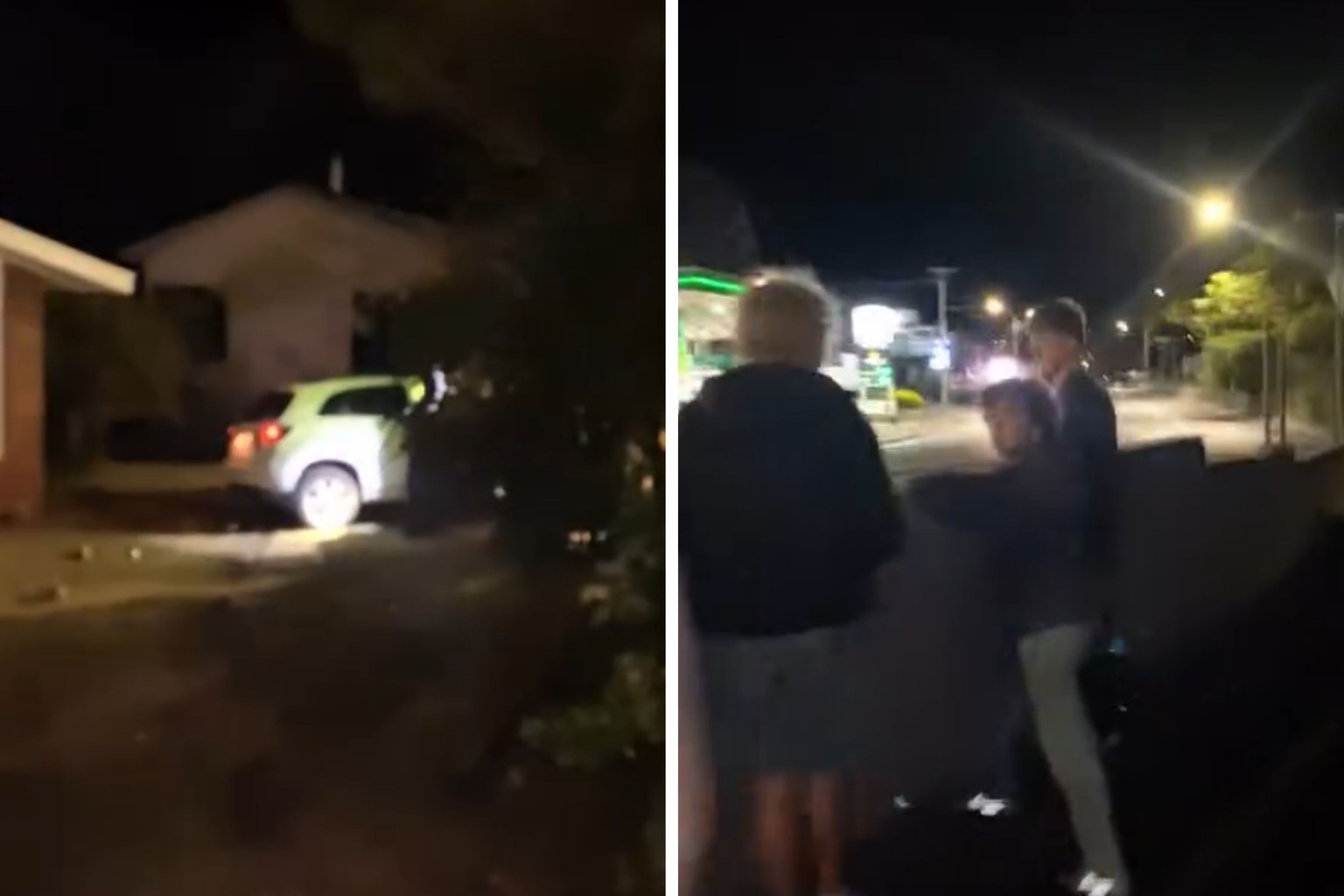A Shooters, Fishers and Farmers MP who unexpectedly voted yes to approve the Macquarie Point stadium, despite campaigning against it at the state election, says months of community consultation changed his mind.
Carlo Di Falco told parliament on Thursday night that he had initially misunderstood the issue, but now backed the Hobart waterfront project despite serious concerns about its cost.
“I am not too proud to admit that I didn’t understand the issue fully,” he said.
“Since being elected, I’ve spent a lot of time in the community. I’ve listened to the people of Lyons.”
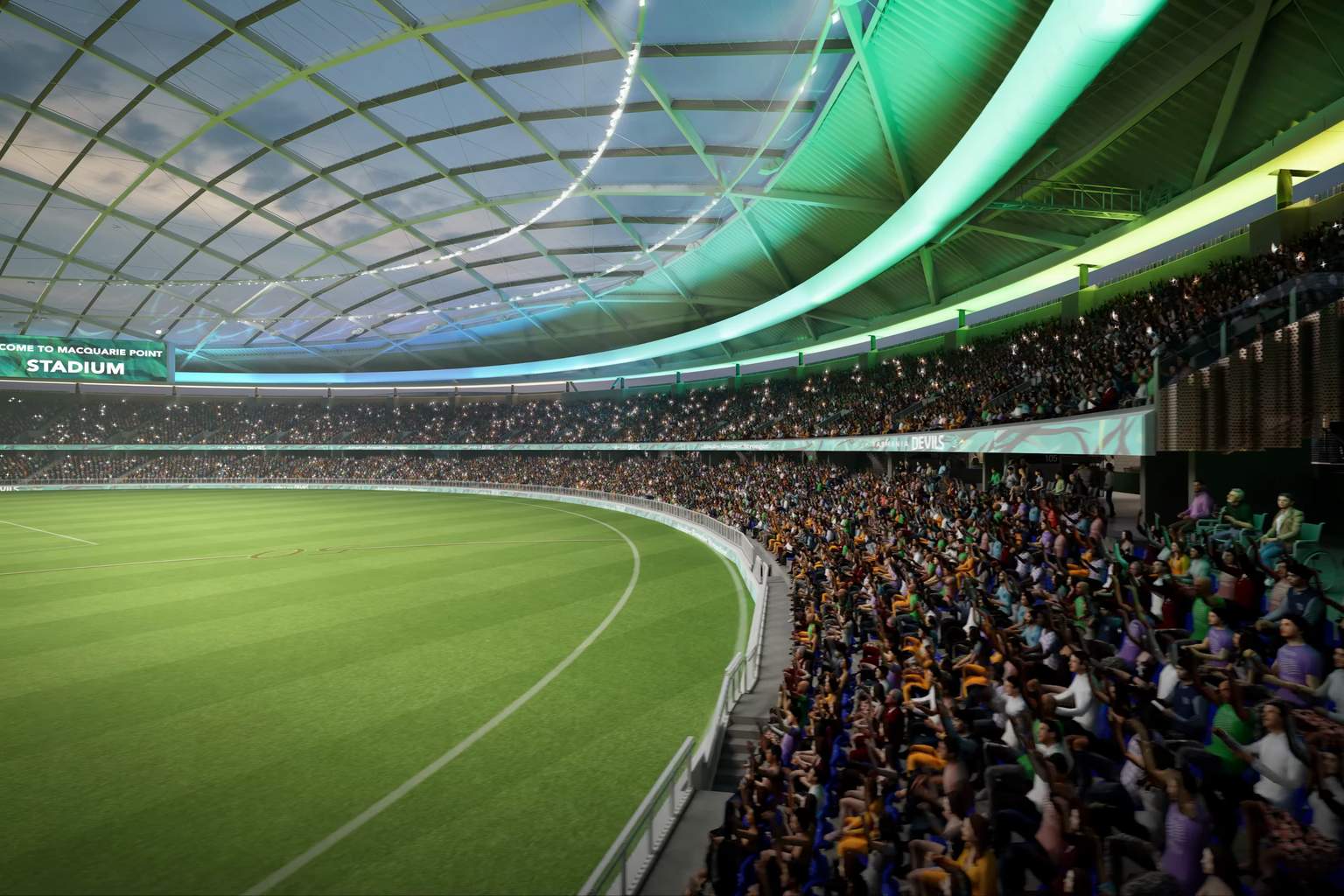
The Lyons MP said he had met with both supporters and opponents, received hundreds of emails and even been approached by constituents while shopping.
“I’ve … even been stopped in my local supermarket to listen to the community when I just wanted to buy some milk and go home,” he said.
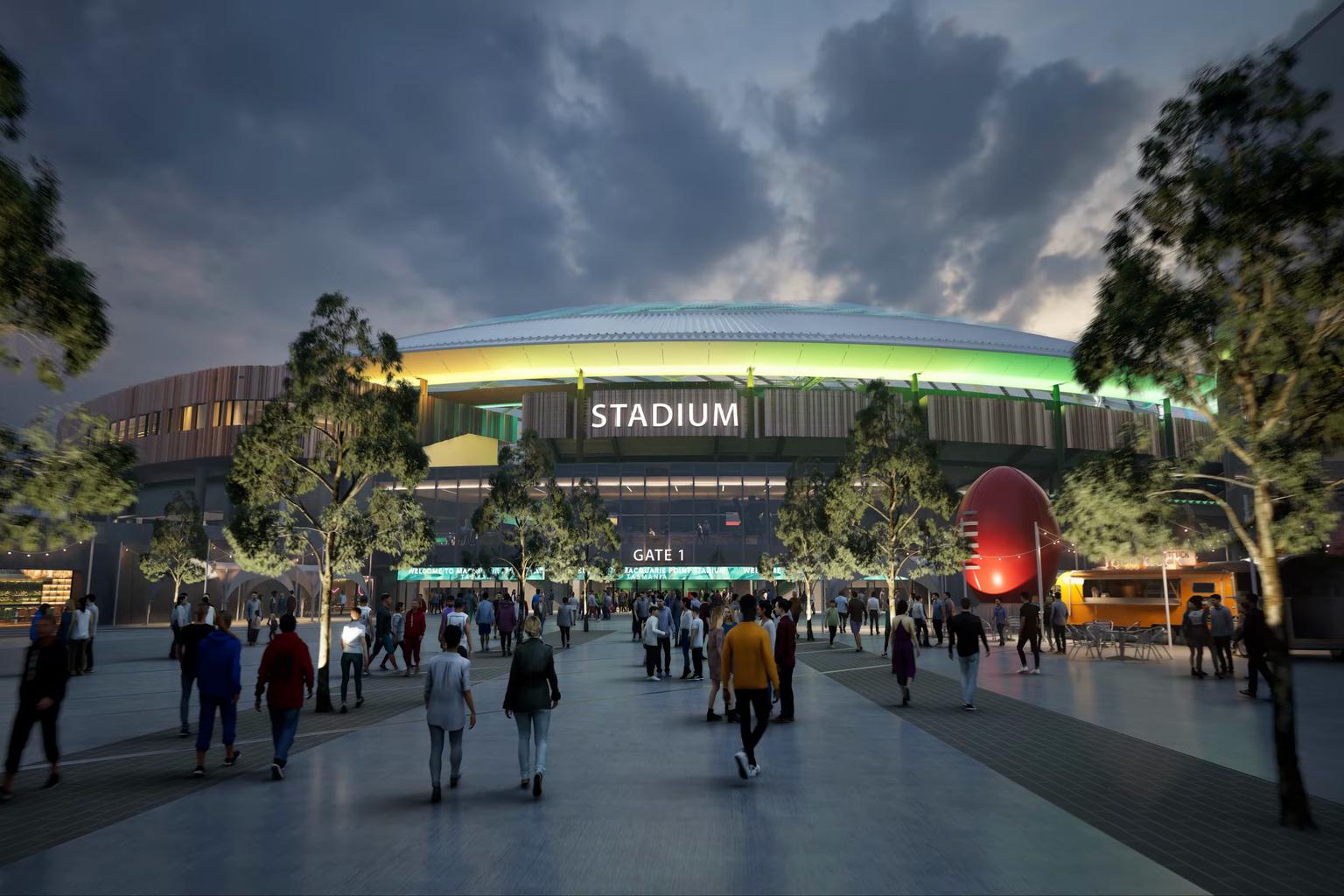
Di Falco said the hospitality, events and tourism sectors were overwhelmingly supportive of the project.
He also met with Tasmania Devils boss Brendon Gale, who outlined how crucial the stadium would be to the team’s long-term viability.
“As most would know, I’m not an Aussie Rules follower. I would much prefer to be out in the bush. I’ve never supported a team in the past,” he said.
“However, I am proud to say that I’m now a Devils fan. I will not stand here and say I am for the team but against the stadium because we know they are one and the same.”
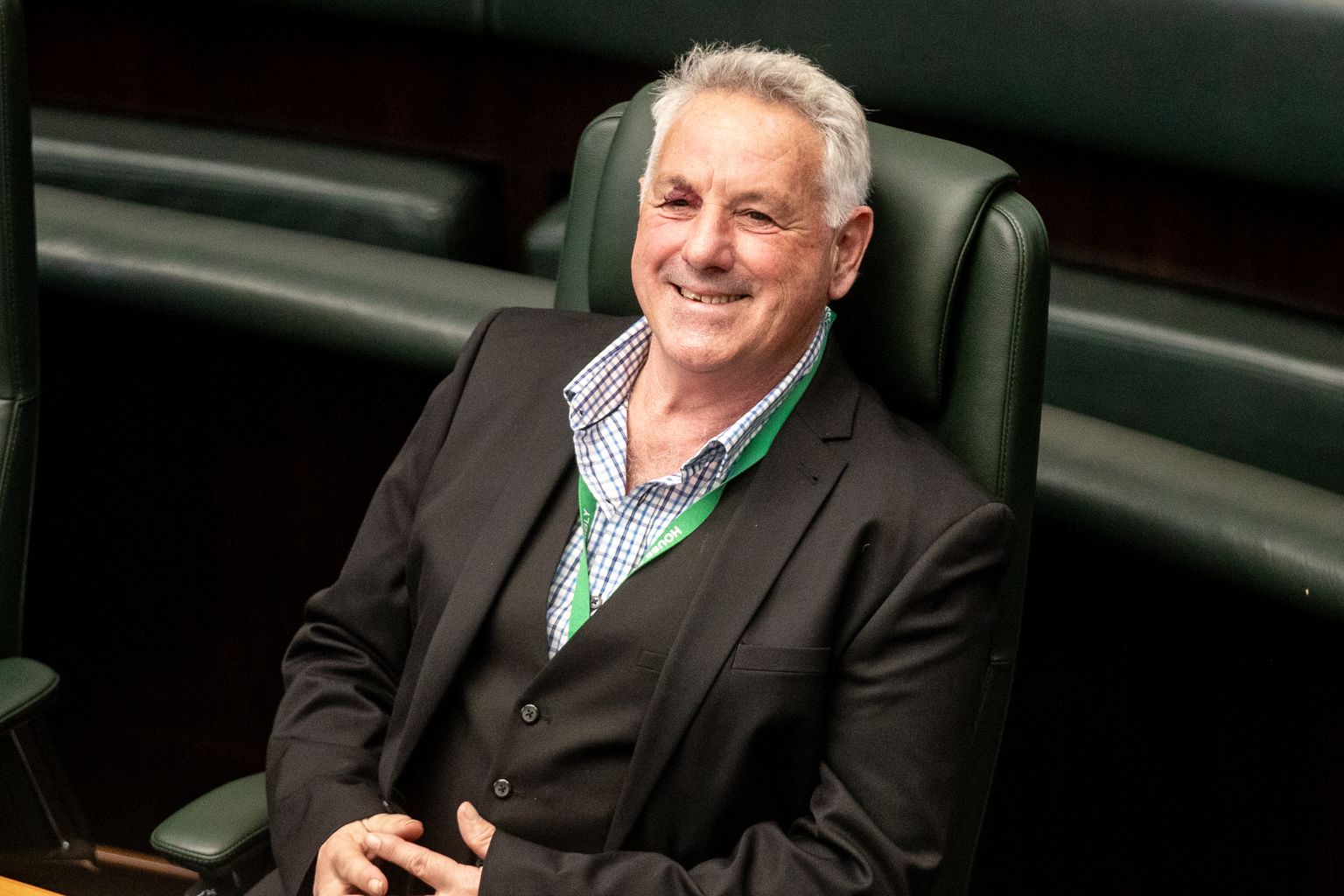
“I owe the people of Tasmania the respect that they deserve to take this vote very seriously.”
The MP said local sporting communities had already seen “drastic increases in participation” since the AFL team’s announcement.
He described the stadium as vital for Tasmania’s identity and for keeping young people in the state.
“A stadium is more than a structure. It is a signal,” he said.
“Our young people are leaving our state in droves for education and lifestyle reasons.”
“We must attract working professionals and families to return to our state and send a message interstate that Tasmania is viable for all generations.”
Di Falco said Tasmania had been “treated as a spectator in our own story” for too long.
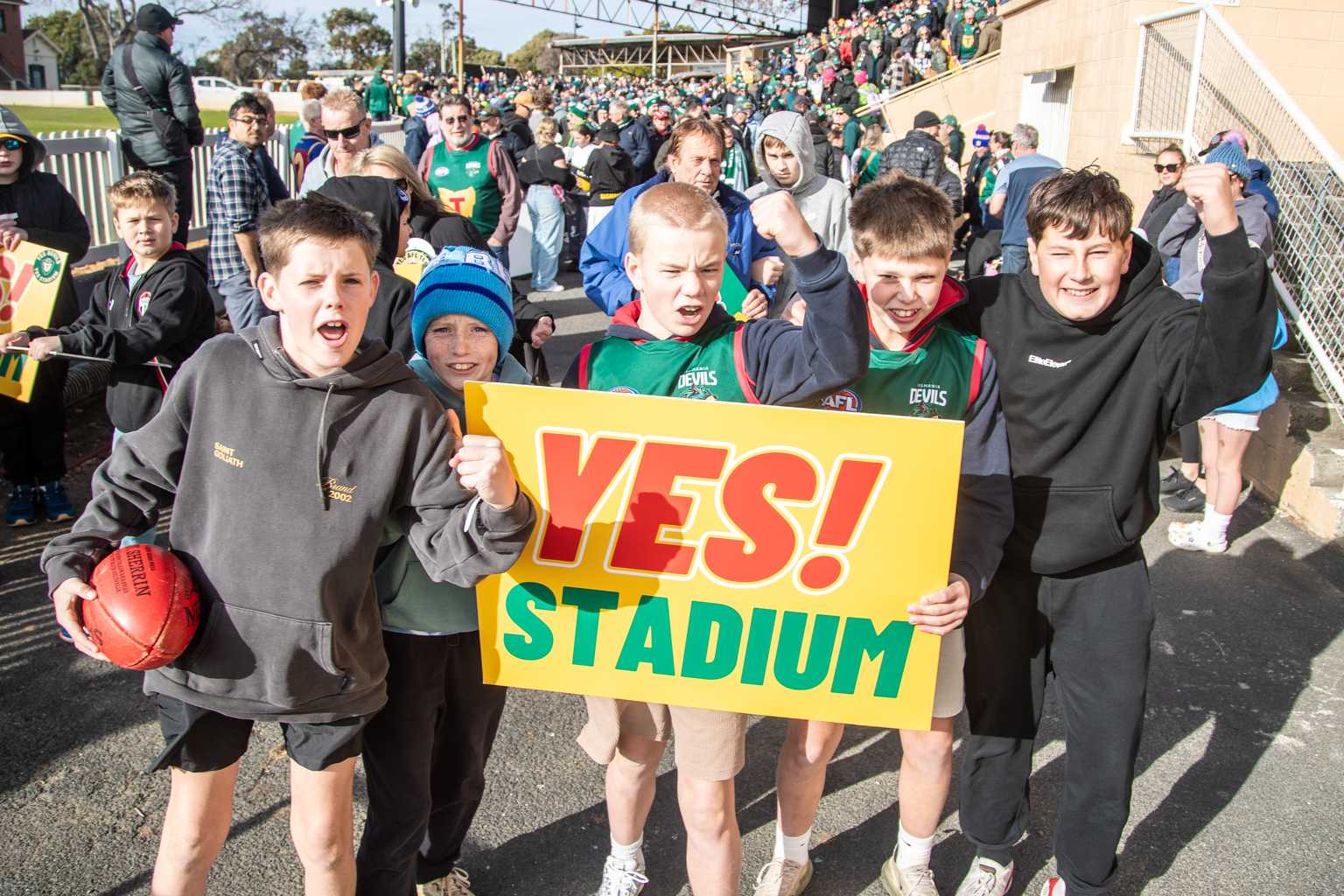
“It is not just about football. It is about identity, pride and the message that we send to our children, that Tasmania can stand on its own two feet,” he said.
Despite his support, Di Falco warned the project could reach $1.5 billion based on typical overruns for major infrastructure, up from the current estimate of $1.13 billion.
He called for tighter transparency measures, including regular public reporting and independent auditing, as conditions of his support.
Di Falco acknowledged that some constituents would be upset by his change of stance.
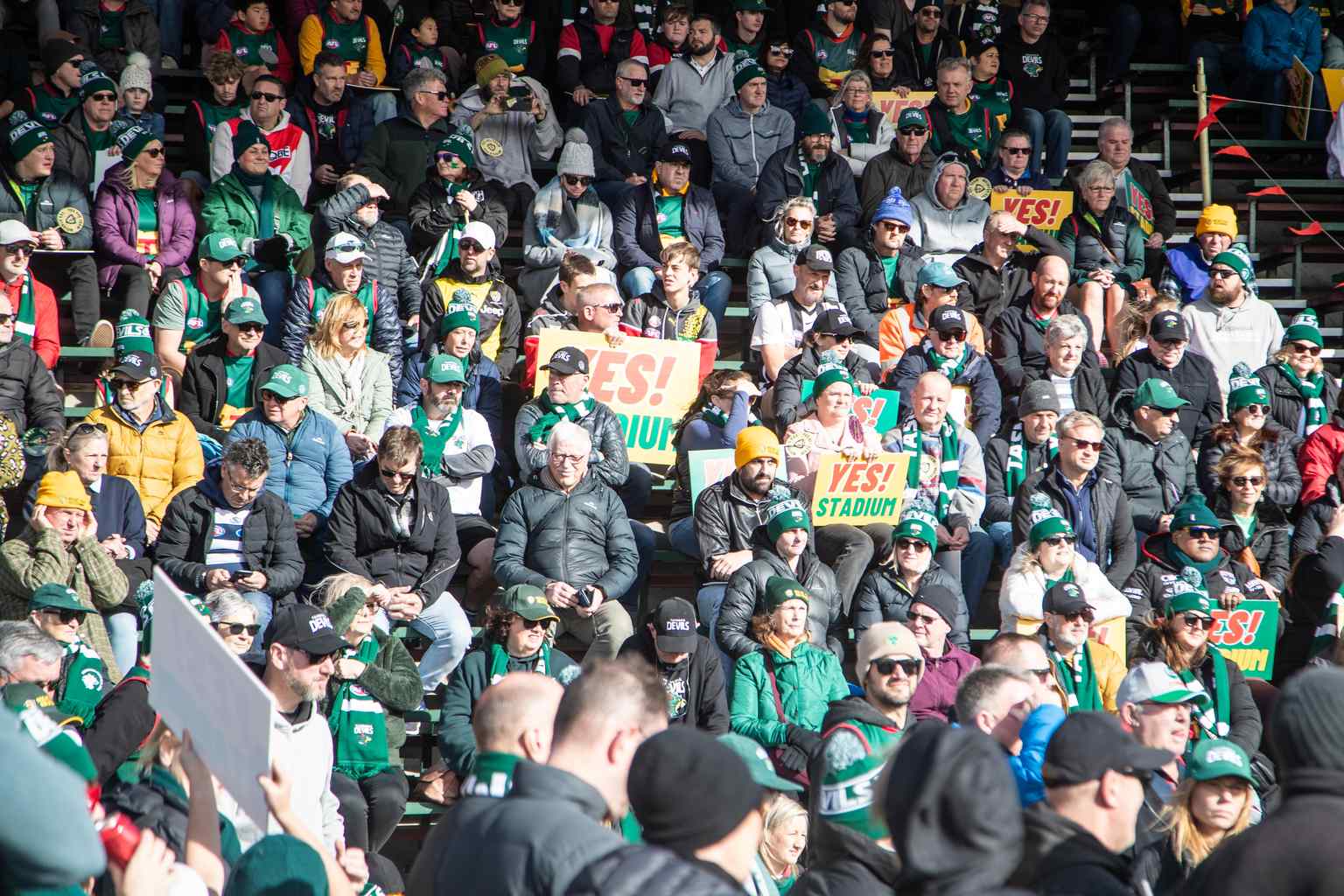
“Some people may say I backflipped. If you’re not allowed to change your position after critically weighing up options, then I’m not sure what the purpose of being here is,” he said.
“I have heard a lot over the last few months from people in this chamber that we must be willing to compromise and work collaboratively.”
“I am yet to see much compromise, so I will not cheer recklessly, nor will I stand in the way.”
“I will look forward, determined that if this parliament builds something of this scale, it does so with both caution and conviction.”
The stadium must now be approved by the upper house in December.

